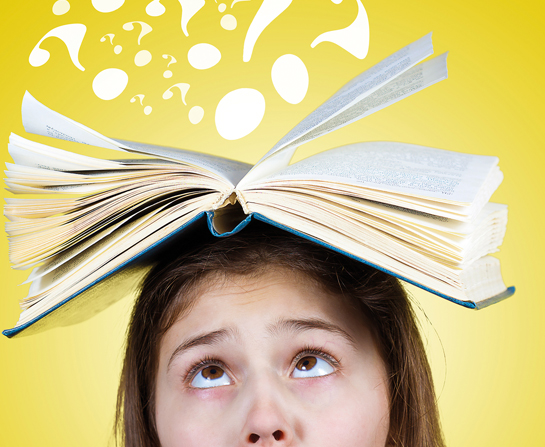Helping Children with Dyslexia: I Have Dyslexia
April 28, 2022 Return

A dyslexic student’s diagnosis of her condition is both empowering and reassuring.
Blair Kenney was in her second year of Yale University when she was diagnosed with dyslexia.
She had always read more slowly than her peers. Her parents would dismiss her concerns by telling her that she worried too much and she should not compare herself to other people. Blair would also spend so much time checking and re-checking her written answers that she would always be the last person to finish her tests. Yet, her teachers did not feel that anything was amiss; they told her that she was just a “stressed-out overachiever”.
As a result, Blair saw herself as someone with below-average intelligence, always struggling to keep up with her peers. It was only when she saw a learning specialist and received an official diagnosis that her confidence received a much-needed boost.
“When I first heard that I had dyslexia, I was overwhelmed with emotions; I was angry, sad, and very confused,” she wrote in an article for the Yale Centre for Dyslexia and Creativity. “With time, I began to see my diagnosis as a self-affirmation. I had been correct in suspecting that I had a problem with learning, when many of the adults around me said that the only issue was my anxiety.”
The diagnosis gave Blair the confidence to accept her weaknesses and explore ways to overcome them. She wrote, “Instead of criticizing myself for being slow in school, I started to explore how I was different; and I began to see these differences as a reflection of the unique way my mind worked, not as a lack of intelligence.”
Education was also a little less stressful as she felt comfortable enough about her dyslexia to laugh at her mistakes and would cut herself some slack now and then.
Spurred by her experiences, she intended to carve a career for herself by helping other children who may need support in developmental and learning issues.
How about your child?
Blair managed to find herself and embraced her strength after becoming diagnosed with dyslexia. Clearly, the diagnosis gave her a better understanding of her condition and the confidence to reach for her dreams despite her condition.
Does your child have learning problems? Do you suspect that he or she has dyslexia? In this Mini-Report, qualified and experienced educational and clinical psychologist Selina Ding Wai Eng will share with you how you can help a dyslexic child to also achieve his or her dreams.
If you like this article, do subscribe here.
